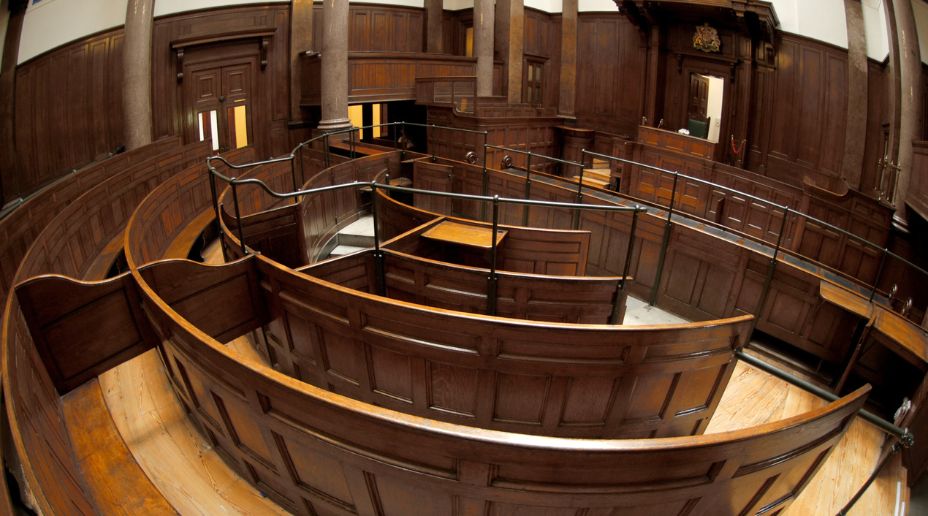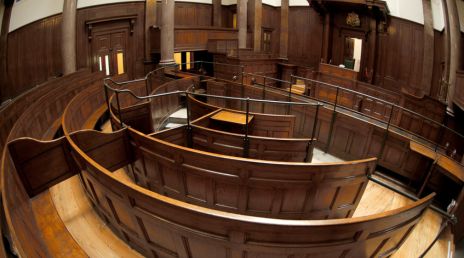Not all complaints are claims. Often people just need to understand what’s happened and for their voice to be heard. The challenge is to ensure that complaints are dealt with in a consistent and fair manner. Too often people approach solicitors because they aren’t getting answers or don’t feel they’re involved in the process.
When claims are put forward, most are successful and very rarely go to trial. This demonstrates that claimant solicitors excel in selecting the right cases to pursue, therefore challenging the notion that the current system is really ‘adversarial’. It does need to be quicker, however.
Part one highlighted that in our experience only 5-10% of clinical negligence enquiries get through solicitor’s initial risk assessment. Of this total, only half are then pursued through the legal process. Given most cases win, there has to be an opportunity to settle cases quicker. Quicker settlements means less costs on both sides. Whether that is achieved by quicker decision making, better communication or use of mediation, the results are easily measurable.
As an After the Event Insurer with a focus on working with experienced specialist law firms, most of the clinical negligence claims costs we pay are for those cases that are discontinued early following expert medical evidence. They aren’t for cases that have been pursued for many years where the prospects of success have been in question.
To conclude where these articles began - this is all about the human impact. Not just on the claimant, but on those around them and the healthcare professionals involved. We’re faced with a great opportunity to reduce these impacts, building on work already done and ramping it up to the next level. There are plenty of tools at our disposal. By working more collaboratively we’ll see measurable improvements that protect patients, their families and the NHS. Bringing with it the financial benefits for all.































